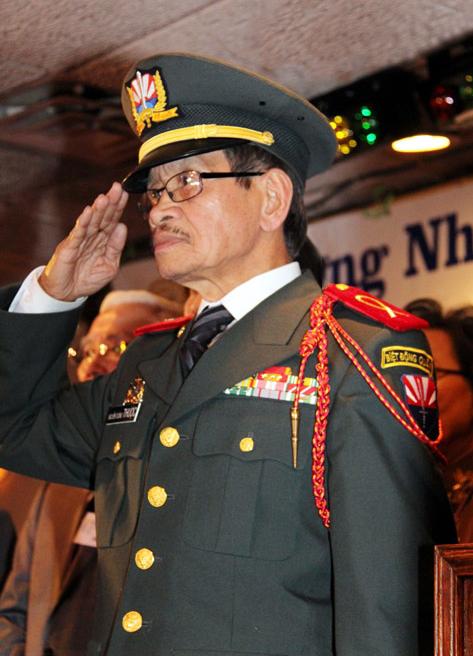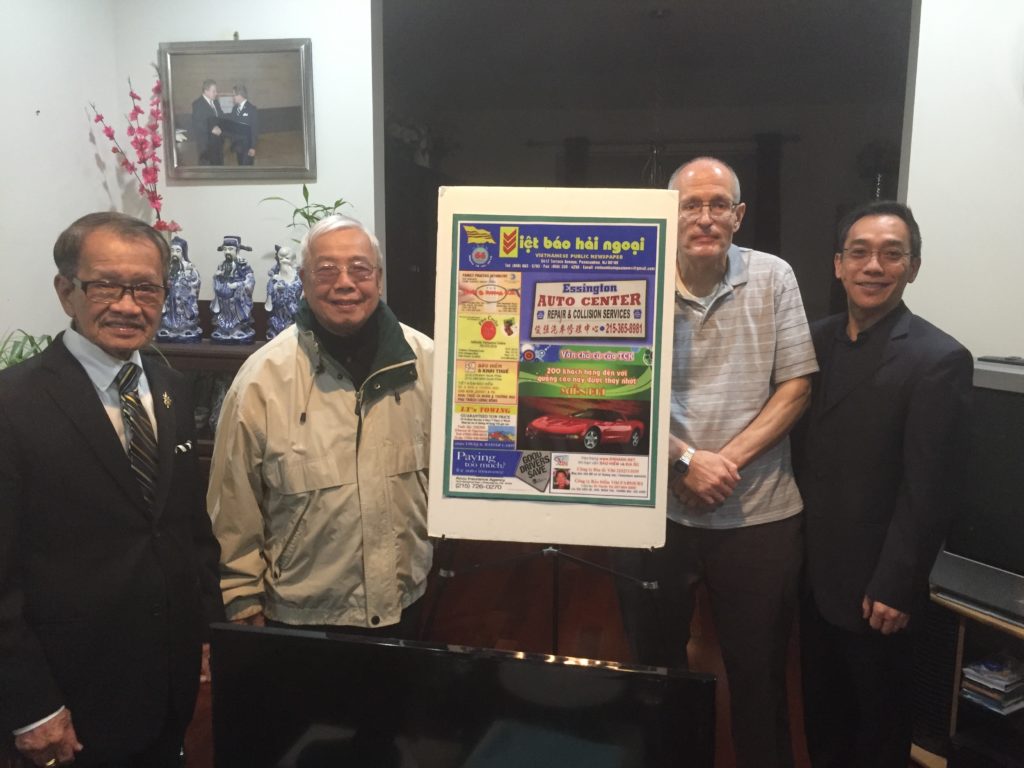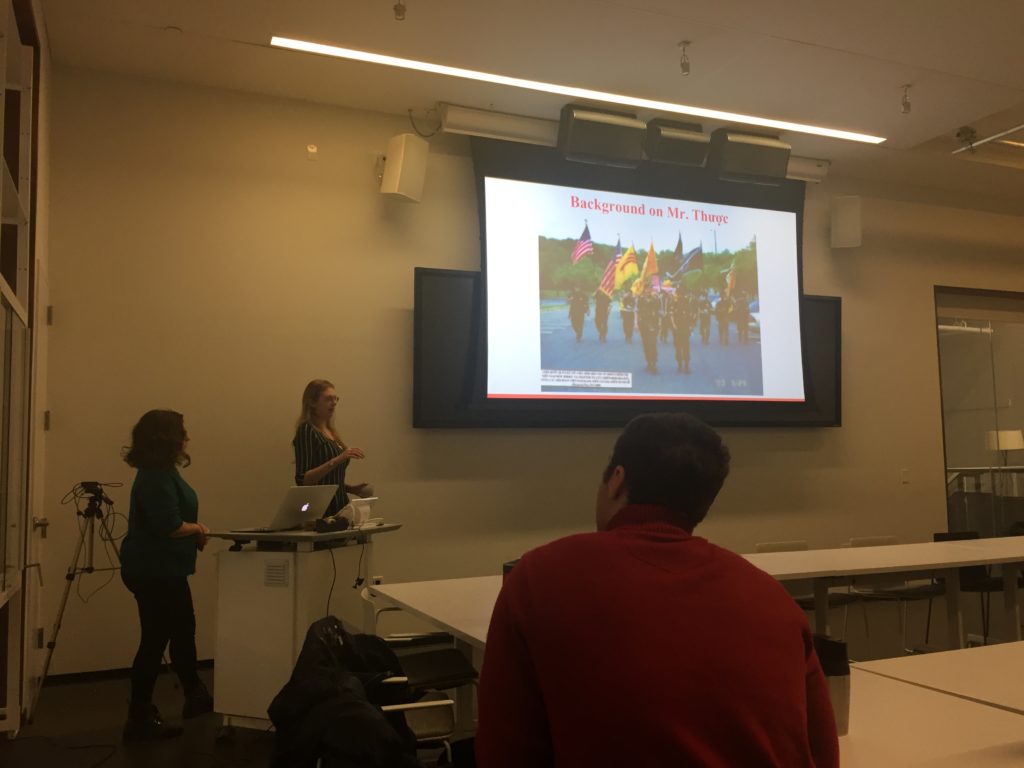Interviewed by Chloë Epstein and Peyton Moriarty
Served in the armed forces in Vietnam (mostly in the Army of South Viet Nam (ARVN)) from 1954 to 1975

Nguyễn Tường Thược served the South Vietnamese Army from 1954- 1975. He rose through the ranks as he worked in counter-intelligence, trying to get information from the Viet Cong. He was captured and put into re-education camps from 1975-1985, until he was released and was finally able to move to the U.S. with his family in 1992.


Reflections on the interview from Peyton Moriarty:
Chloë and I met not just with Mr. Nguyễn Tường Thược, but also four of his friends. At first this was overwhelming, but it came to be very helpful. I had thought we would need to step in more often to guide the conversation, but the others proved themselves contributors, not distractions. One of the friends was younger and white – he came from a very different background than Mr. Thược, but he had a much better rapport with him. Mr. Thược was more open to his questions, and he asked many that we hadn’t considered. Another friend was invited to the interview to translate, since he was fluent in Vietnamese and English. He described himself as a “community member” and acted as an excellent go-between. Two other friends were the same age as M. Thược, and had clearly had very similar experiences in Vietnam. They spoke up once or twice to add their perspective on a particular event.
There was a process of improvising questions as the interview continued, but also one of removing questions as more context was gained. There were several questions in the second half of our list which I realized had already been answered, or didn’t need to be asked after the first half of the interview. Questions like “Did one side deserve to win?” were reasonable when we didn’t know about Mr. Thược’s experiences with the other side, but would’ve made him incredulous or even infuriated if asked after he had told us all the terrible things that he had seen. I struck those questions from our list before they could be asked.
Full research and reflection papers:
